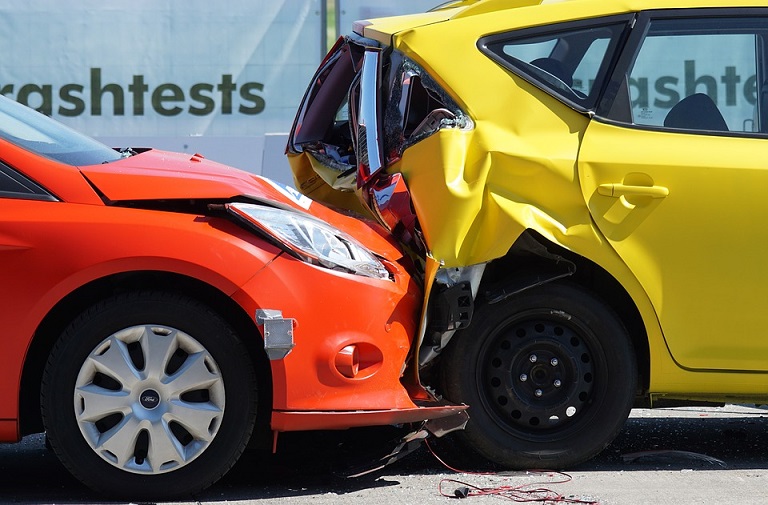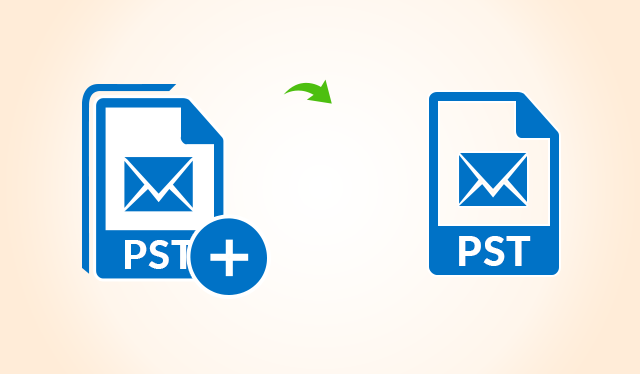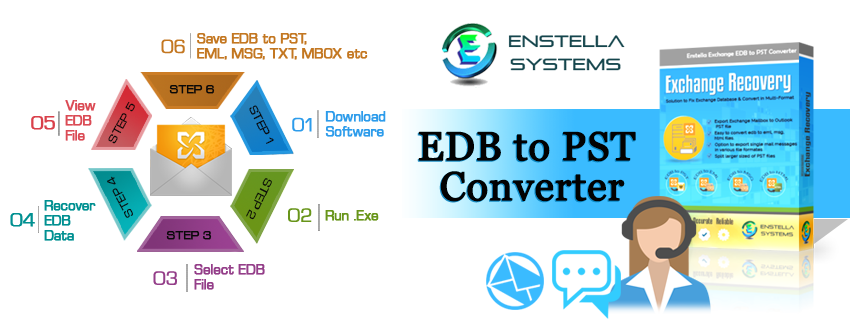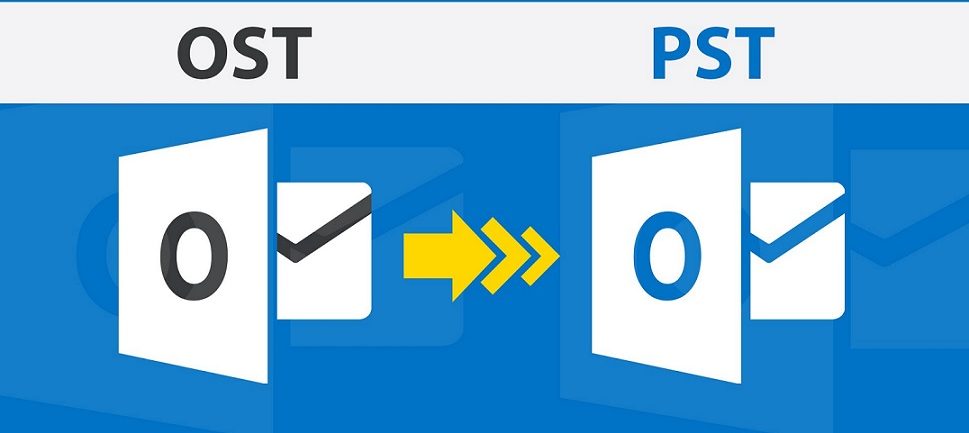If there is one thing you pride yourself on is how good of a driver you are. But today, fate is showing you that may not be the case.
A slight moment of inattention got you into an accident. Luckily, there are no serious injuries. The major casualties are the two vehicles. It is quite clear that you are in the wrong, and will need to take care of the damages.
At this point, you are wondering whether you should call up your insurer at all. From what you can see, your local garage can take care of the bent rims repair.
The only reason why you are having this thought process is because of what you have heard about car insurance. According to some people, making an insurance claim after an accident will make your premiums go up.
The rates can go up by 38% and above if there is property or bodily damage. You feel like you already pay enough. Higher rates will cause havoc to your already financially tight situation. And, you may not even be in a position to afford the repairs.
Well, we have some information that may be of interest to you. Please read on to know under what situations car accidents can impact insurance premiums.
What to Do After the Accident
Dispel any thoughts you may have about not reporting the accident. In case you are not able to pay for the damages, the insurance company can deny any claims. Failure to disclose gives them ammunition against you. And, they will have the full backing of the law.
After the accident, take the necessary steps which are:-
- Get immediate attention if there are any injuries
- Take pictures of the accident
- Call the police to record the accident
- Report to the insurance company what has happened.
At this point, you may be wondering how you will navigate through some of the financial implications. There is help available with car accident settlement loans. Such avail funding as you wait for the car insurance settlement. The lenders give you competitive interest rates, even if you have a bad credit score.
But, there is more good news. Your car premiums will only go up depending on some factors. Fingers crossed that this is not the case for you.
When Your Insurance Premiums Will Go Up After a Car Accident
Your car insurance premiums will only go up under the following conditions.
If You Fit the Risky Driver Profile
The frequency with which you file claims can work against you. The more you file, the more you establish yourself as falling within the risky profile category. The insurance company will load your premium every time thereafter.
Insurance companies also view younger drivers as riskier. This demographic is more likely to get into accidents, than older, more experienced drivers.
Insurance companies try to motivate customers to file fewer claims with the no claim bonus. It could mean a discount of anywhere from 20-50% on your premium amounts.
If You Are At Fault
If the accident is your fault, it may affect your premiums. But, do note, each situation is unique. The magnitude and cause of the accident will have a role to play.
Your condition during that time is also significant. If you were under the influence, they will take note.
In the worst-case scenario, you may need to shop around for a new insurer. They may decide not to renew your car insurance cover.
Your Driving History
In the investigations, the insurance company will look at your driving history. Yes, that includes any violations, reckless driving, or speeding. If, until that time, you have had an impeccable record, it may work well for you.
Some underwriters have an accident forgiveness benefit. They will not increase your premiums for your first at-fault accident.
The Claim Amount
The nature of the accident will determine how much you claim. A fender bender will be much less than a major accident. Some underwriters will hike your premiums for higher amounts.
When Your Insurance Premiums Will Not Go Up After a Car Accident
Non-chargeable accidents are those that will not impact your insurance premium. They include some of the following.
- Damage to the vehicle occurred where you had parked legally
- It was a hit-and-run accident. Do note though, this will depend on the underwriter, so seek clarity from your policyholder
- Auto Accidents or damages from collisions with animals or falling objects
- Accidents resulting from emergency responses. You must, however, prove that you belong in that service. Such include fire, medical, or law enforcement
- If you or the insurer recovered money from the other party for the damages
- The police charged the other driver with a violation, and not you.
- You provide sufficient proof that you were not at fault. You will need supporting documentation from the police who were at the scene of the accident. Fault admission from the other driver or his insurance company in writing is also critical. And, you will need to show proof of reimbursement for damages.
When looking for an underwriter, take the time to understand the policy documents. Insurance companies have the dubious distinction of not being the most transparent. They have so many loopholes that allow them to wriggle out of paying claims.
But, it is up to you to read, understand and seek clarification. See what kind of rates they offer. Some have fantastic discounts that can keep your premiums low. Maintain an impeccable driving record so that you avoid filing claims frequently.
Final Thoughts
Can a car accident impact your premium rates? The answer is yes. There are instances when the insurance company will hike how much you pay.
We have looked at some scenarios when this could happen. If you are at fault or a major contributor, it becomes a chargeable accident.
Filing frequent claims means you fit in the risky profile category. Unfortunately, so do younger drivers. Your driving history and claim amount may also contribute to higher rates.
Do note though, different underwriters and states have different laws around such issues. Do take the time to understand the policies and laws well.
Shop around for good travel insurance companies that offer good rates, bonuses, and discounts.









